AeroGenie — Your Intelligent Copilot.
Trending
Categories
Major Airlines and Hotel Chains Confront $11 Billion Supply Chain Disruption
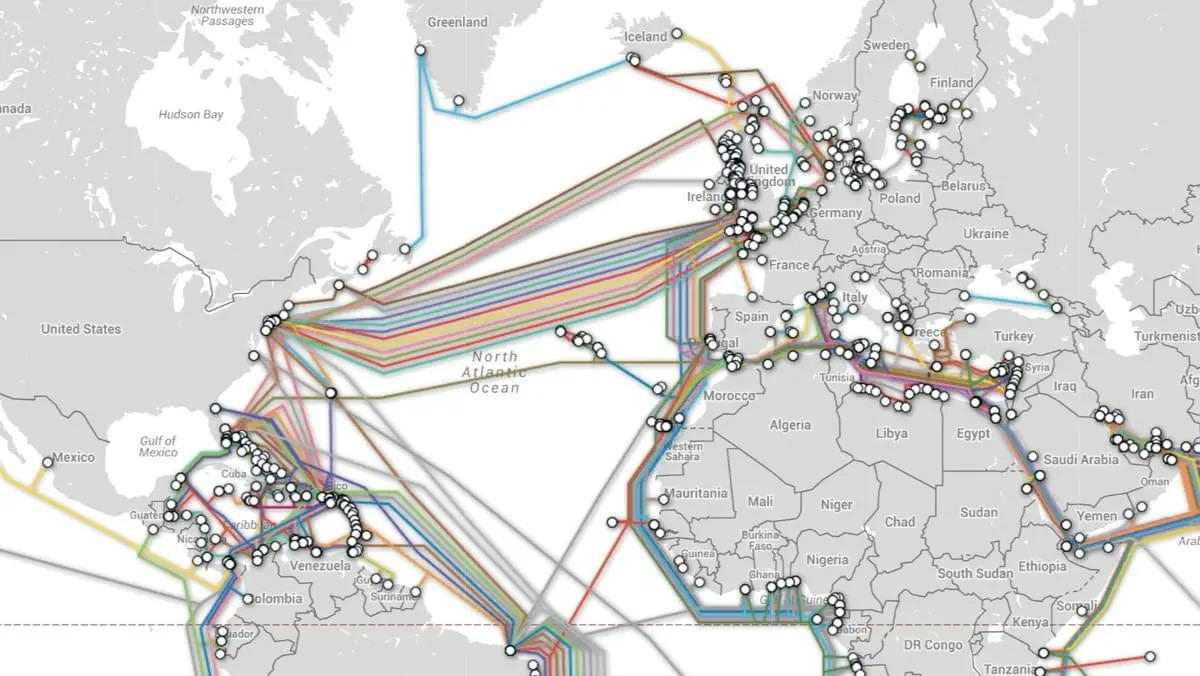
Major Airlines and Hotel Chains Face $11 Billion Supply Chain Disruption
A joint study conducted by the International Air Transport Association (IATA) and consulting firm Oliver Wyman has revealed a looming $11 billion supply chain crisis set to impact major airlines and hotel chains in 2025. This disruption, fueled by labor shortages, material scarcities, and escalating geopolitical tensions, is poised to send significant shockwaves through the global tourism and hospitality industries.
Airlines Struggle with Delays and Rising Operational Costs
Leading carriers including Delta Air Lines, American Airlines, Ryanair, and Southwest Airlines are grappling with severe delays in aircraft production and shortages of critical components. As a result, many airlines are compelled to extend the use of older, less fuel-efficient aircraft, which has substantially increased operational expenses, particularly in fuel consumption and maintenance. Delta Air Lines, for instance, has been forced to postpone its fleet modernization plans, leading to reduced flight frequencies on key European and Asian routes and the transfer of higher costs to passengers.
Similarly, American Airlines, Ryanair, and Southwest Airlines face challenges related to delayed aircraft deliveries and escalating costs for engine leasing and spare parts. These pressures have culminated in fewer available flights and increased ticket prices, adversely affecting both leisure and business travelers worldwide.
Hospitality Sector Feels the Ripple Effects
The supply chain crisis in aviation is also reverberating through the hospitality sector. Prominent hotel groups such as Marriott, Hilton, and Accor are contending with fluctuating demand patterns and rising travel expenses, complicating their ability to accommodate international guests effectively. Although many hotel chains are accelerating the adoption of artificial intelligence and automation technologies to enhance operational efficiency, most remain in the experimental stages, limiting the immediate benefits of these innovations.
Broader Implications Across Global Supply Chains
The turmoil is not confined to aviation and hospitality. The automotive industry is similarly strained, exemplified by Volkswagen’s recent $6 billion loss linked to restructuring efforts at Porsche. Moreover, global supply chains continue to be vulnerable to geopolitical instability, posing significant risks to technology companies such as Nvidia. Analysts caution that ongoing geopolitical tensions could precipitate substantial market losses and further disrupt supply chains within the technology sector.
Outlook
As airlines and hotel chains navigate this unprecedented $11 billion supply chain disruption, travelers should anticipate higher prices, reduced options, and increased uncertainty in their travel plans. The cascading effects across multiple industries highlight the intricate interconnectedness of global supply chains and underscore the profound impact of persistent geopolitical and economic challenges.
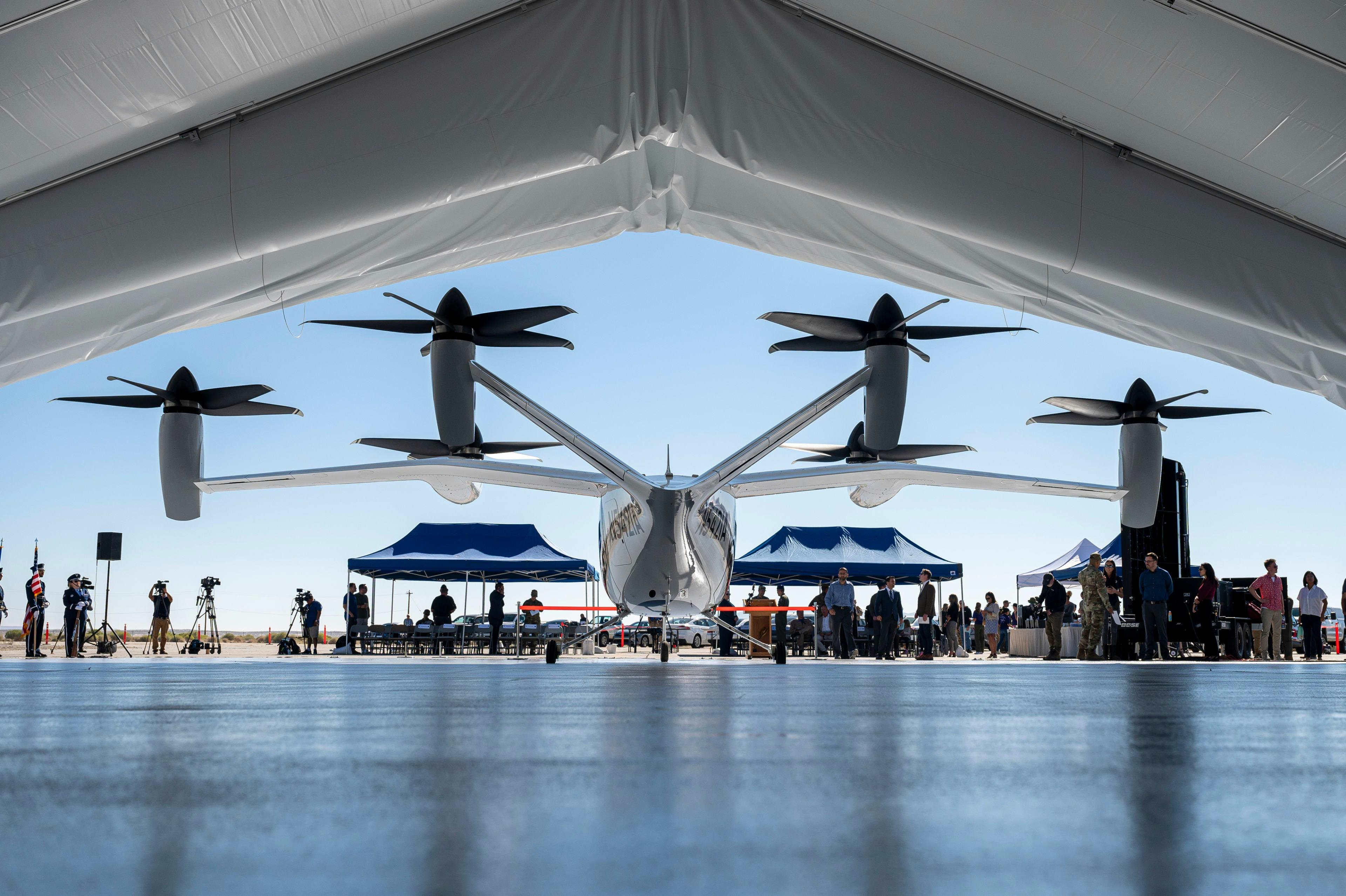
Cathie Wood Increases Investment in Air-Taxi Stocks
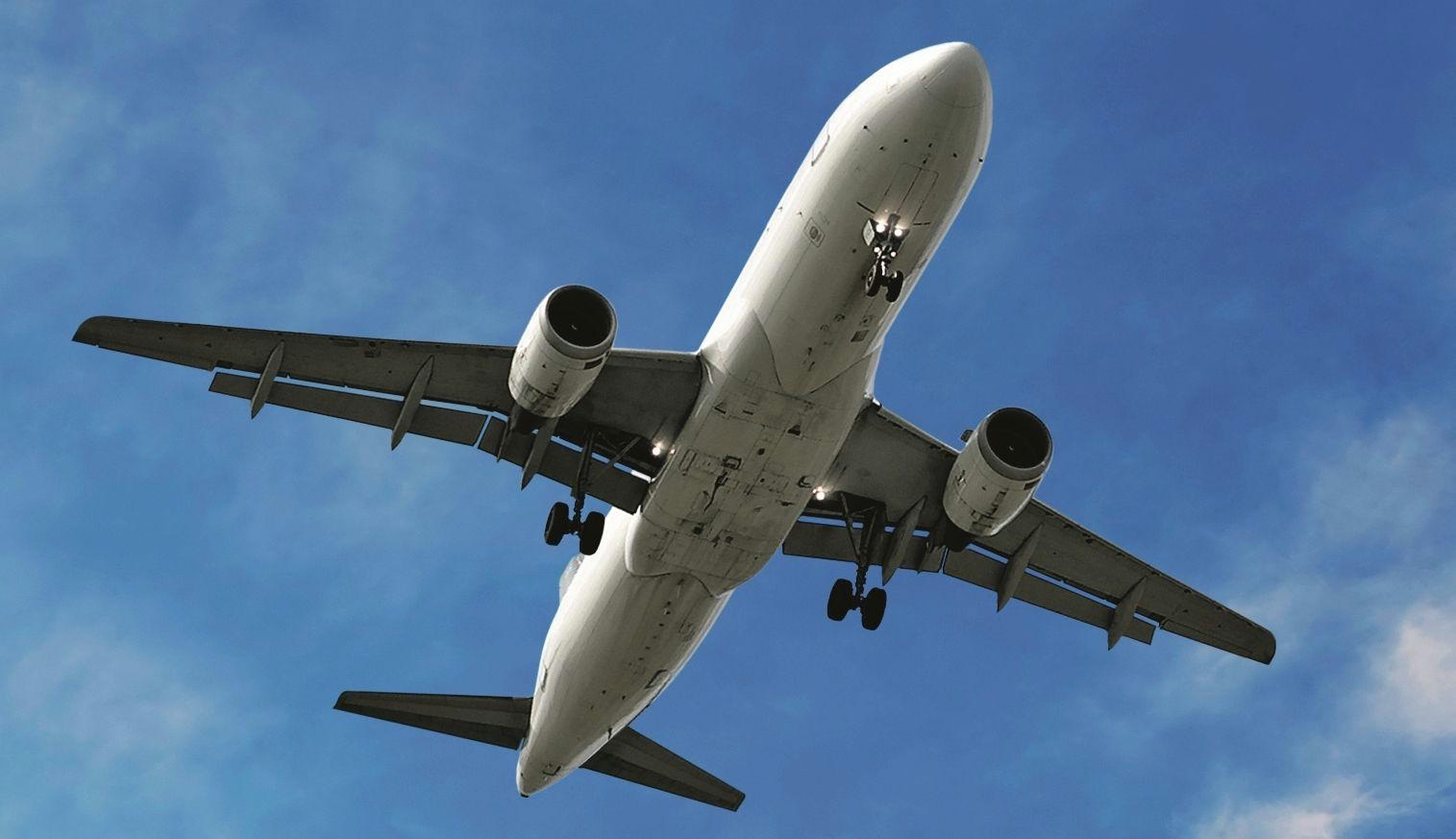
Airlines Face Fundamental Technology Challenges, Not Just AI Issues
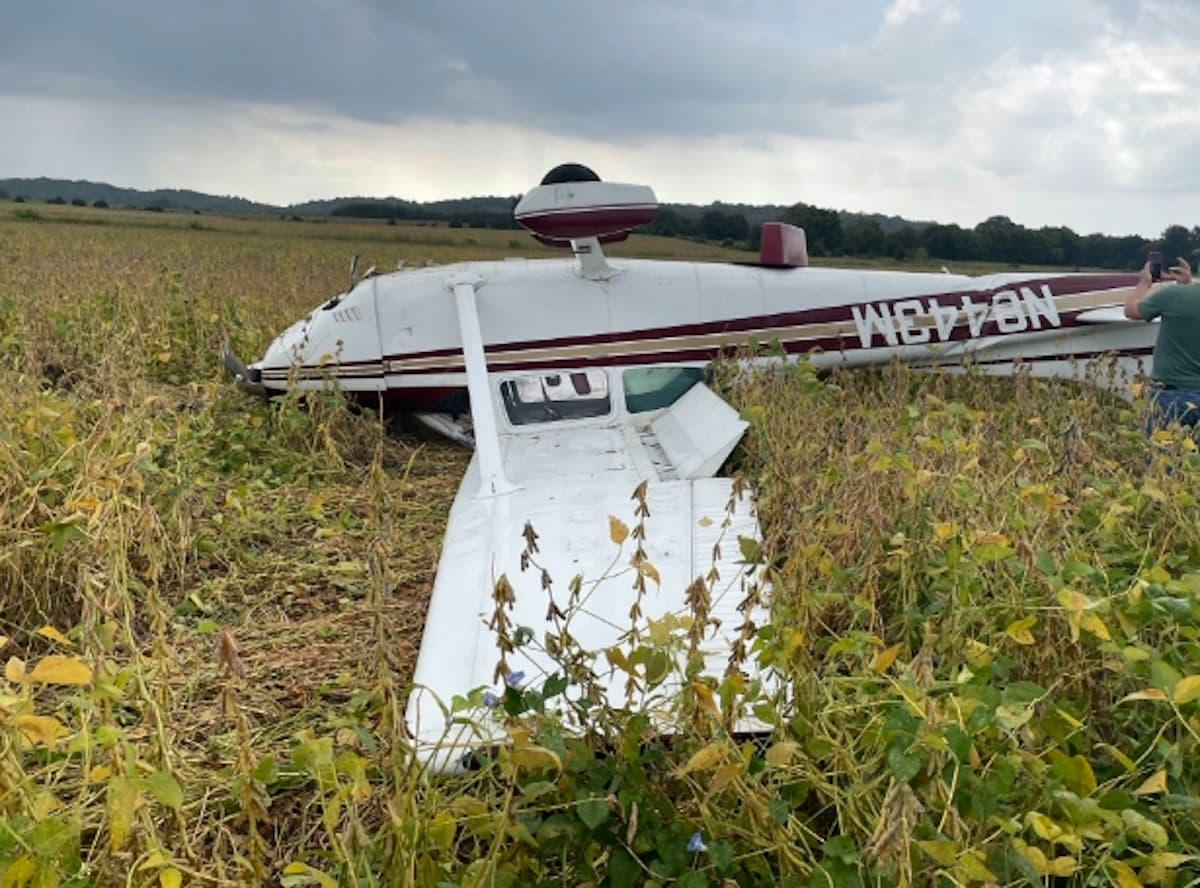
Crankshaft Fatigue Causes Emergency Landing
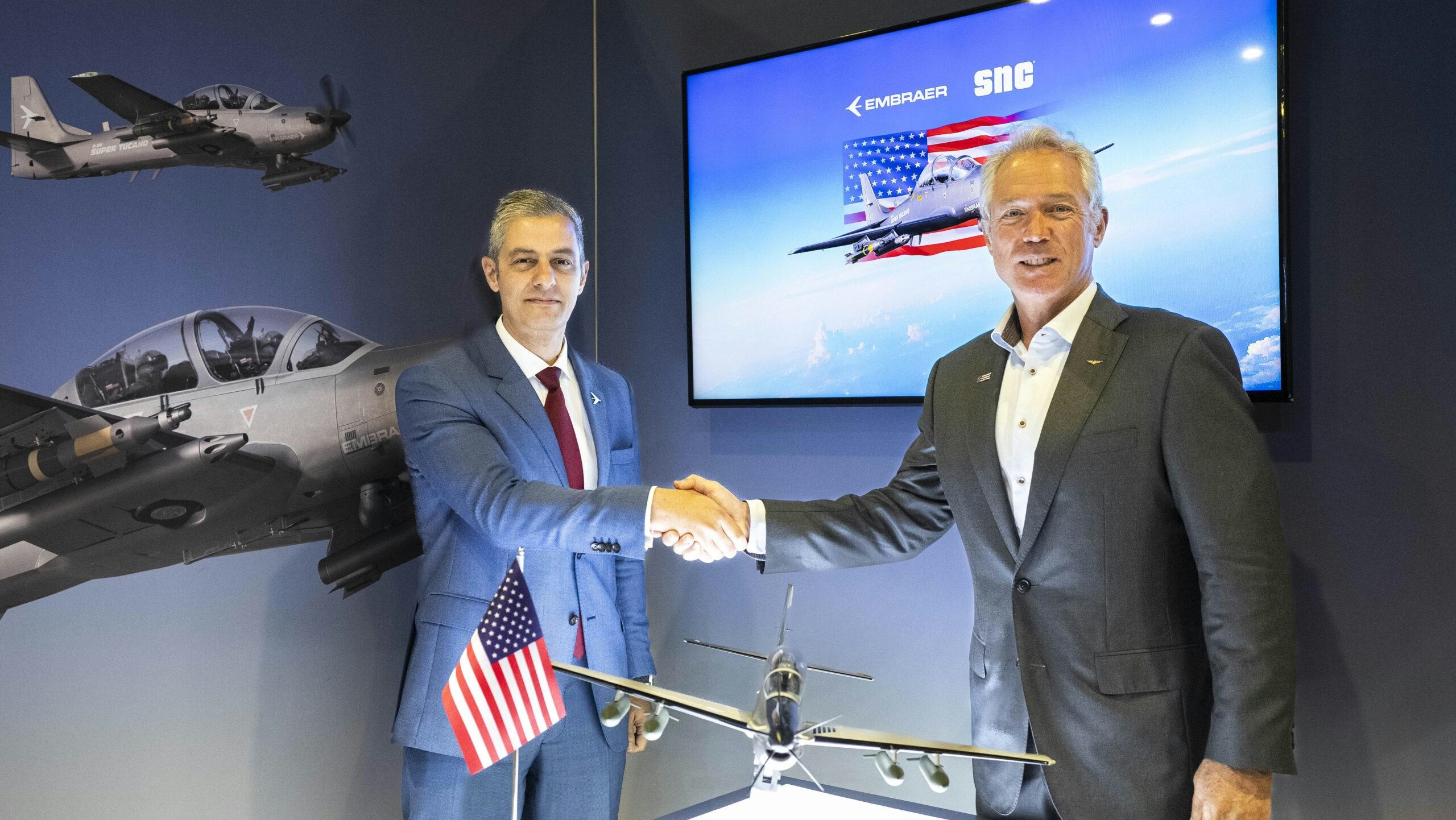
Embraer Integrates AI-Based Counter-Drone System into A-29 Super Tucano
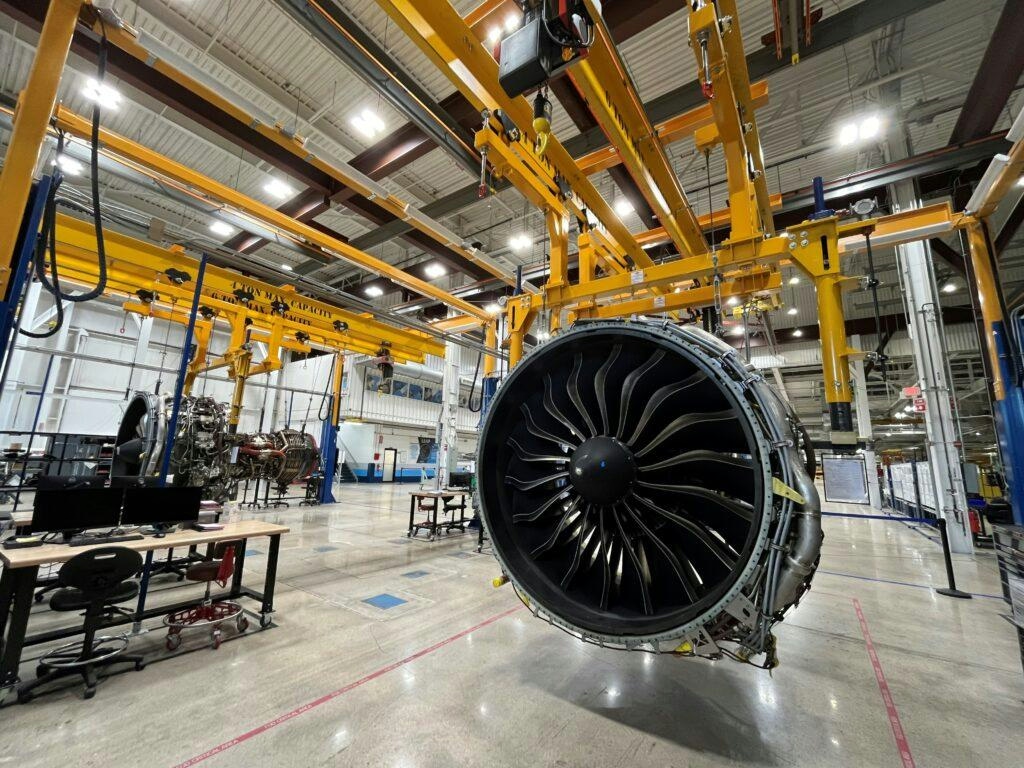
Standardaero and Avilease Sign Agreement for LEAP and CFM56-7B MRO Services
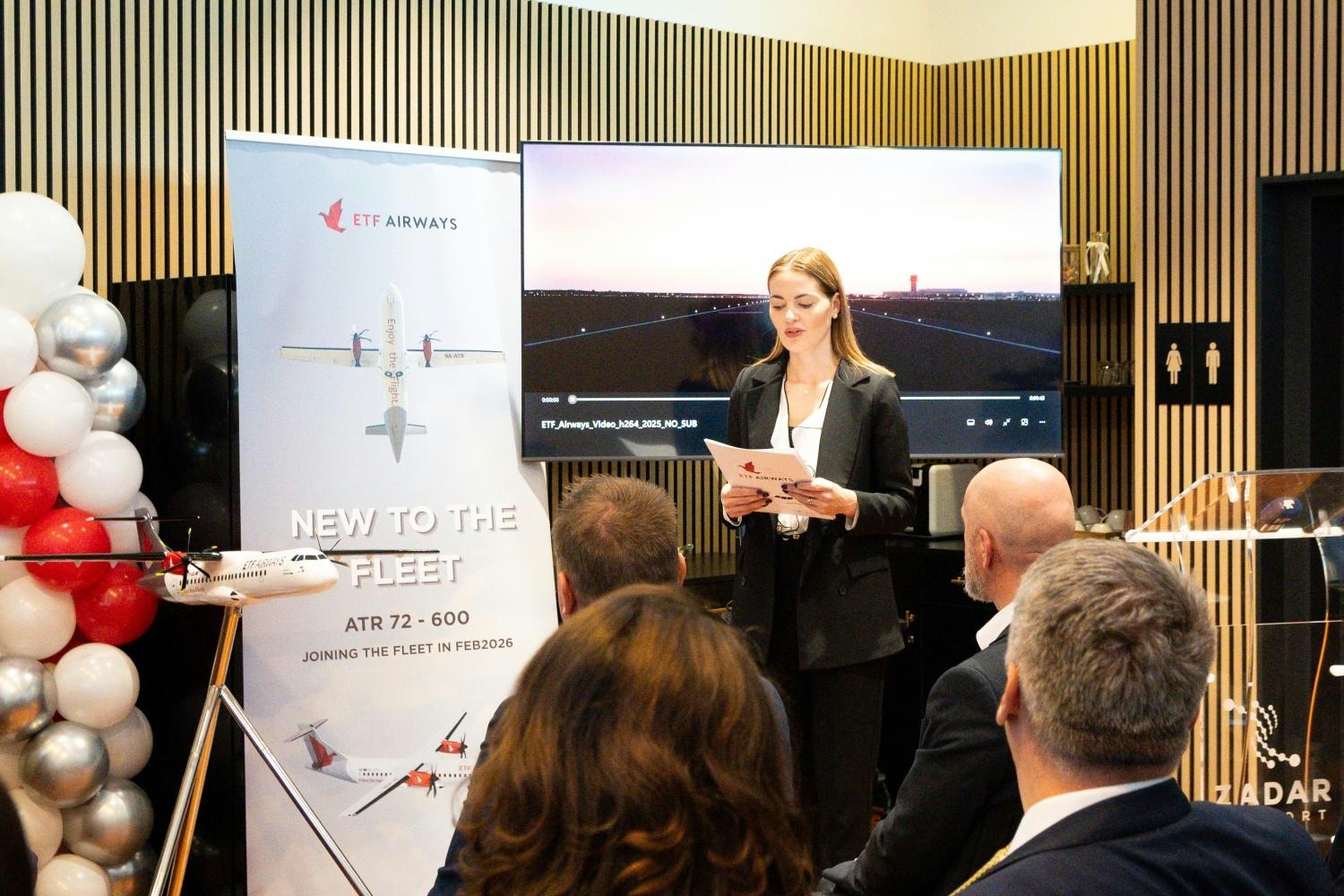
ETF Airways to Receive First ATR Aircraft
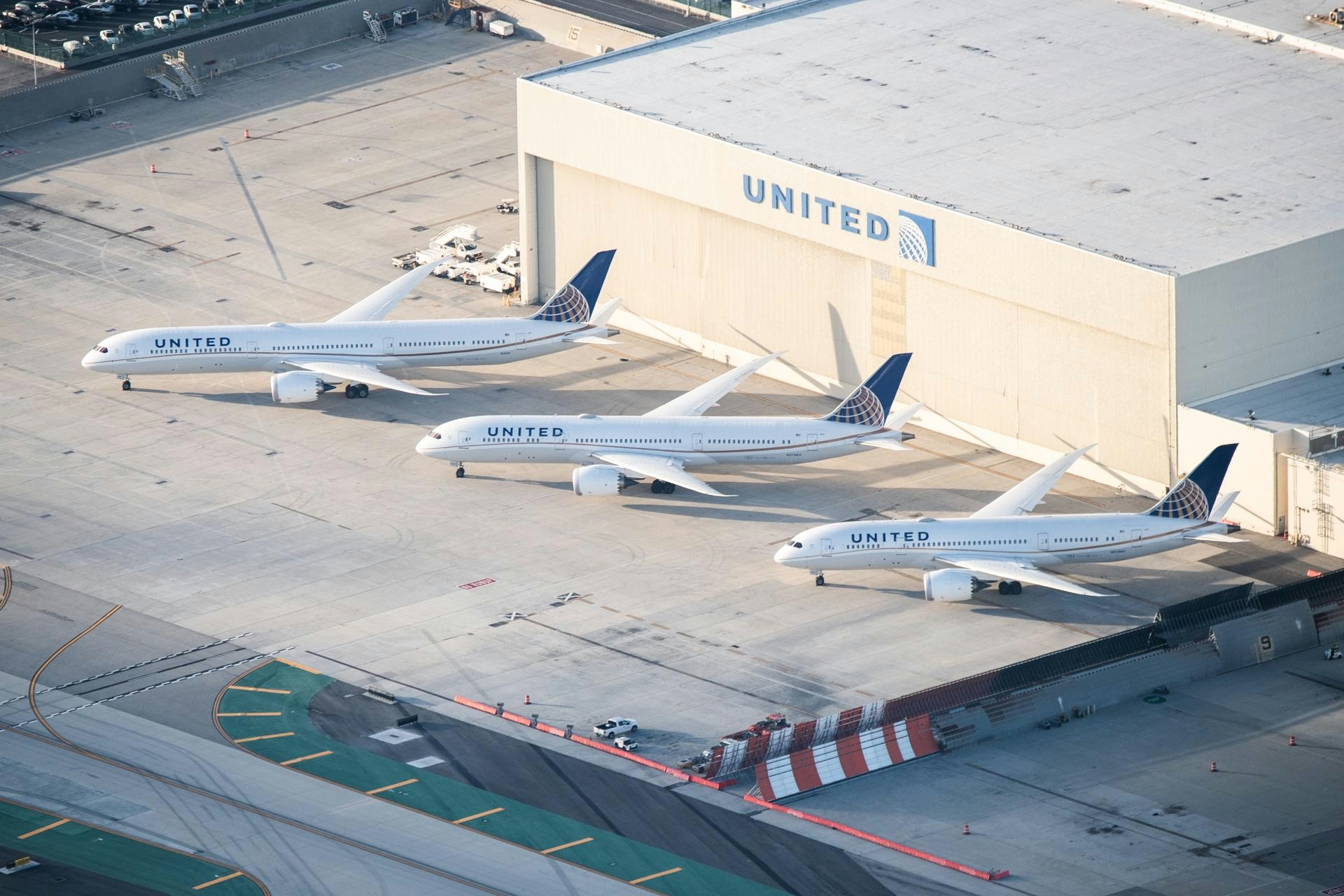
Range Comparison Between Boeing 787-9 and 787-10 Dreamliner
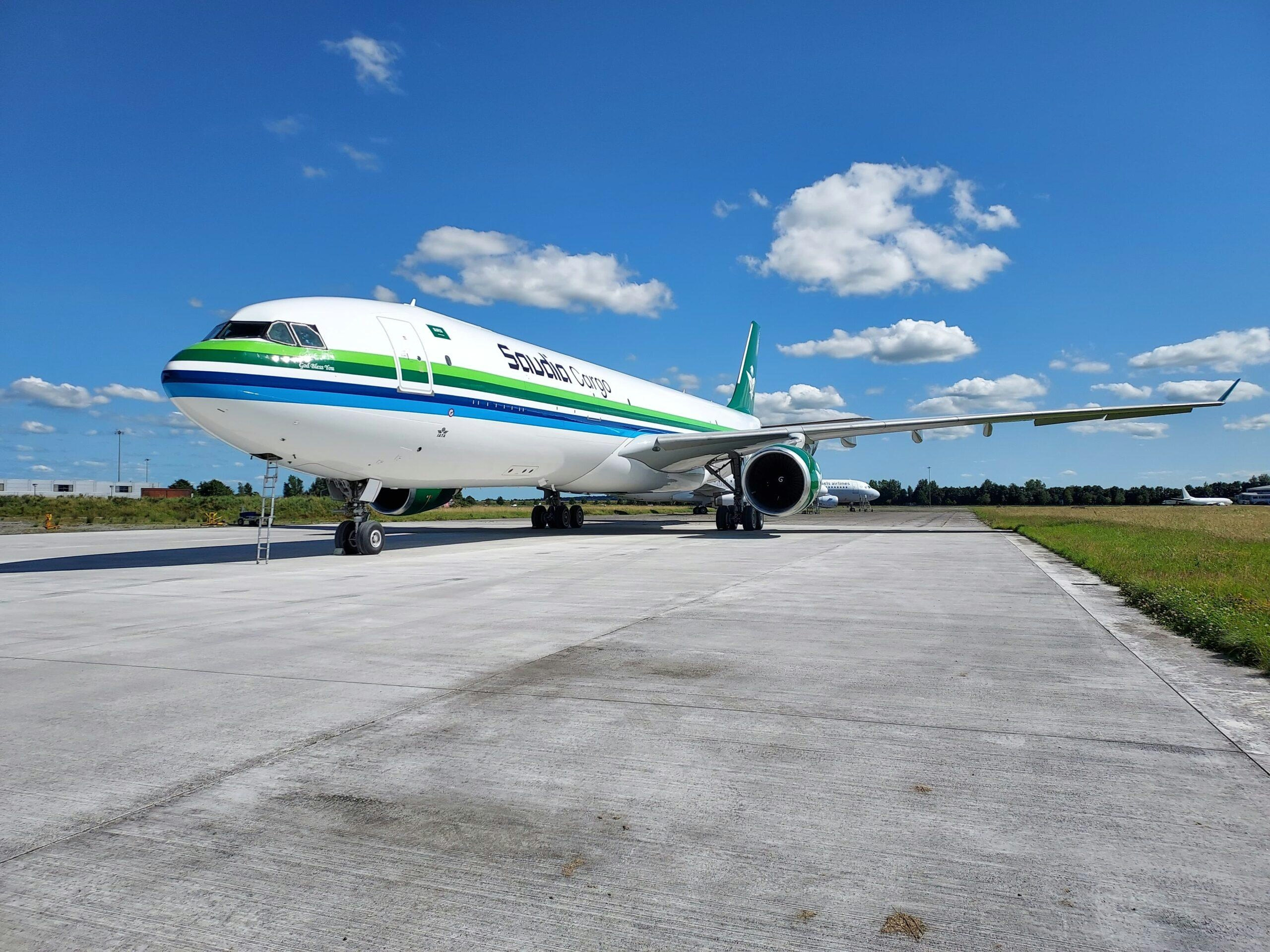
AJW Group Renews Partnership with ASL Aviation to Support A330ceo Fleet
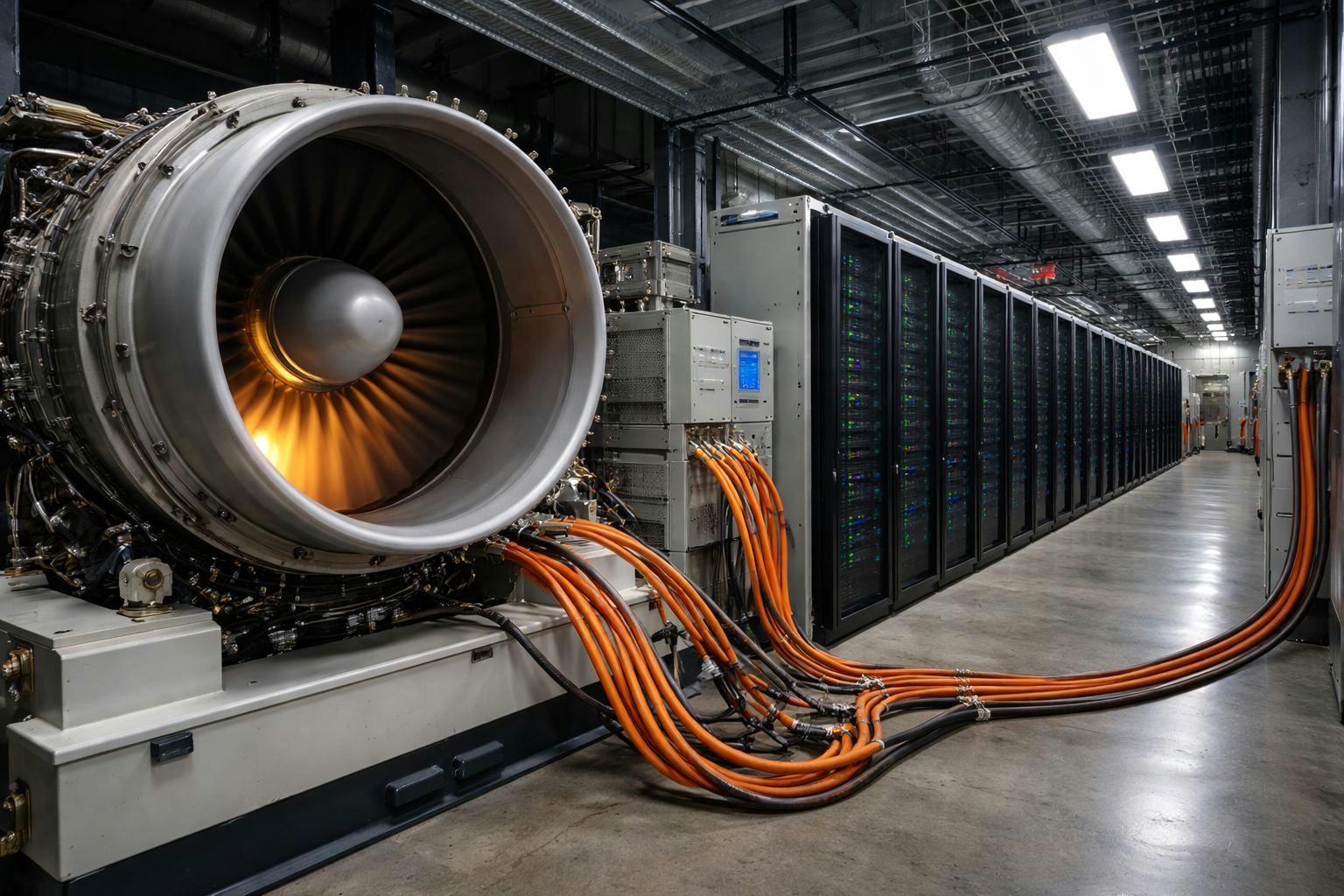
Could AI Cause a Jet Engine Shortage Similar to the Chip Crisis?

Joint Statement from UK Space Agency, MHRA, Regulatory Innovation Office, and Civil Aviation Authority
